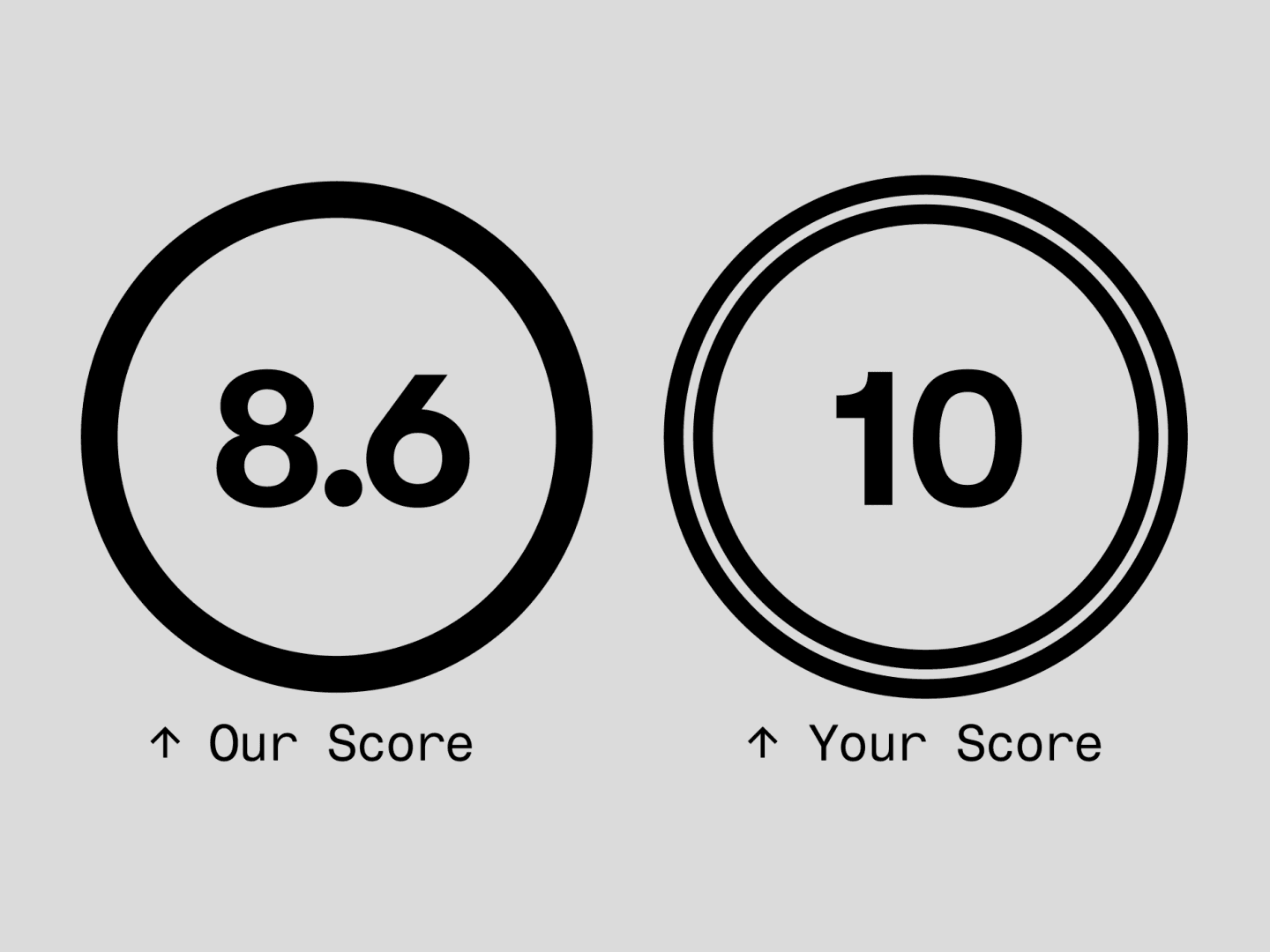The legendary music review site Pitchfork just announced it's beta testing user-generated content features, letting readers comment and score albums alongside official reviews. The move comes as the publication approaches its 30th anniversary amid broader struggles facing digital media companies fighting for relevance in an influencer-dominated landscape.
Pitchfork just pulled what might be the most desperate pivot in music journalism history. The site that once wielded enough power to make or break indie careers announced it's beta testing user reviews and comments - essentially admitting that maybe, just maybe, readers have opinions worth hearing too.
The timing couldn't be more telling. As Pitchfork approaches its 30th anniversary, the publication finds itself in the same boat as most legacy media companies: scrambling for relevance while audiences migrate to TikTok influencers and Spotify playlists. According to internal documents reported by The Verge, the site has struggled with declining readership as the entire music media landscape shifts toward social platforms.
For nearly three decades, Pitchfork operated as music criticism's ultimate gatekeeper. Remember when they gave Jet's "Shine On" a legendary 0.0 rating? There was no way for outraged fans to voice their disagreement beyond tweeting into the void. That one-way conversation model worked fine when Pitchfork was the definitive voice in indie music, but those days are long gone.
Now the site is essentially copying Rotten Tomatoes' homework, hoping that aggregated user scores can somehow recapture lost audience engagement. "In addition to commenting, you will also have the opportunity to add your own score to an album review using Pitchfork's rating system," the site explained in its beta announcement. "This score will be shown next to your comment and will be aggregated with other readers to form a 'reader score' alongside Pitchfork's official score."
The irony is thick here. While most of the web has been moving away from comment sections due to moderation nightmares and toxic behavior, Pitchfork is diving headfirst into user-generated content. It's like watching someone enthusiastically embrace flip phones in 2025.
This isn't Pitchfork's first attempt at audience engagement. The site has run occasional reader polls and recently dropped some that seemed designed more for social media controversy than critical insight. But adding permanent user scoring represents a fundamental shift in the site's editorial philosophy.












